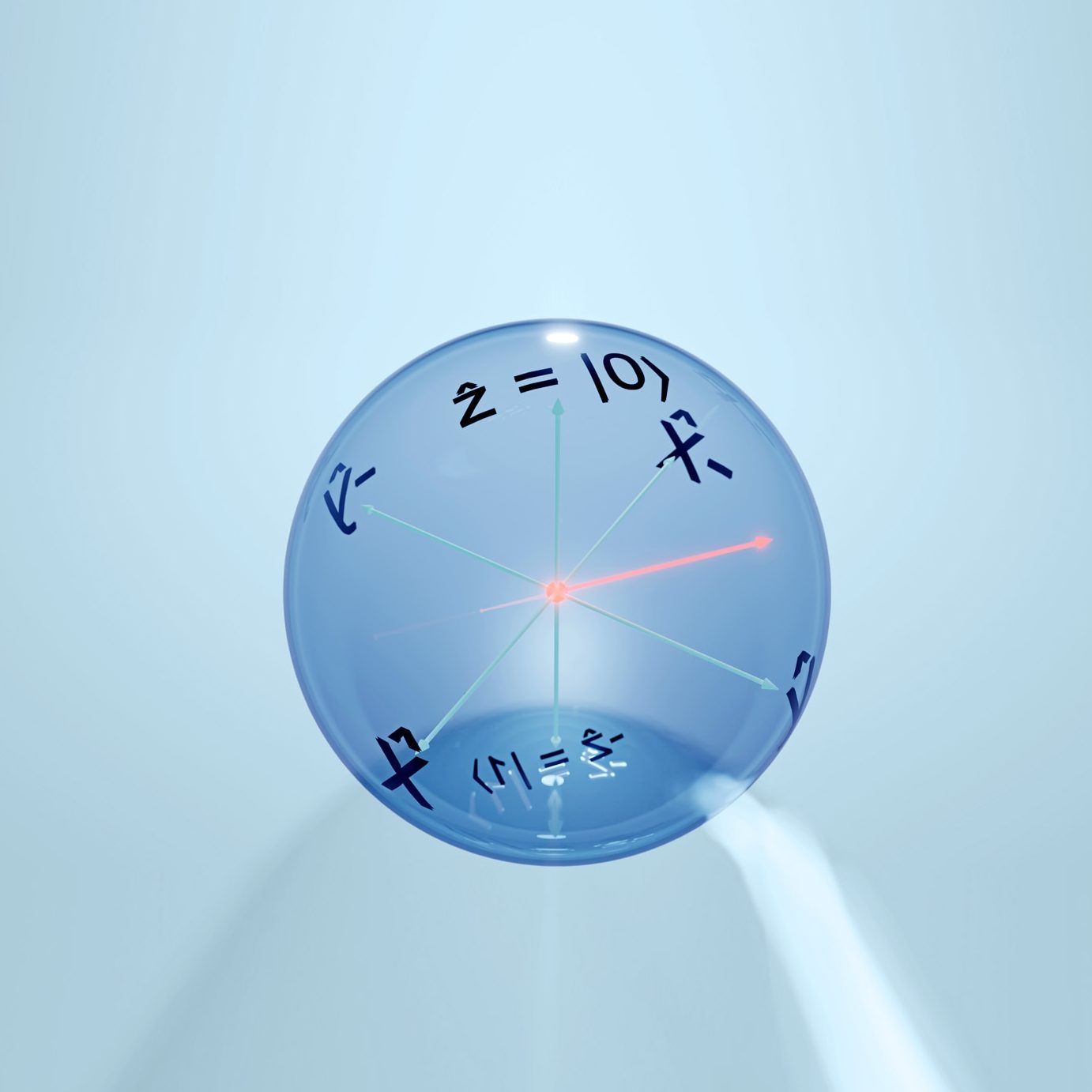Quantum computing represents a groundbreaking shift in the world of technology, offering a new approach to processing information. Unlike traditional computers, which rely on binary logic, quantum computers leverage the principles of quantum mechanics to handle data in fundamentally different ways. This article will explore what quantum computing is and highlight its key differences from conventional computers.
Understanding Quantum Computing
Quantum computing is an advanced type of computing that uses the principles of quantum mechanics to perform calculations. Unlike classical computers that process information using bits (0s and 1s), quantum computers use quantum bits or qubits. Qubits can exist in multiple states simultaneously, thanks to two key principles of quantum mechanics: superposition and entanglement.
- Superposition: In classical computing, a bit can be either 0 or 1. In contrast, a qubit can be in a state of 0, 1, or both at the same time. This allows quantum computers to process a vast amount of possibilities simultaneously.
- Entanglement: Entanglement is a phenomenon where qubits become interconnected and the state of one qubit can instantaneously affect the state of another, regardless of distance. This interconnectedness enables quantum computers to solve complex problems more efficiently than classical computers.
How Quantum Computers Differ from Traditional Computers
Quantum computers and traditional computers have fundamental differences in their architecture and processing methods:
- Data Processing: Traditional computers use binary bits to represent data. Each bit is either a 0 or a 1, and computations are performed by manipulating these bits using logical operations. Quantum computers, however, use qubits, which can represent and process multiple states simultaneously. This allows quantum computers to perform complex calculations at exponentially faster rates for certain types of problems.
- Computational Power: Quantum computers have the potential to solve problems that are currently intractable for classical computers. For instance, quantum computers can efficiently factor large numbers, simulate molecular interactions, and optimize complex systems. Traditional computers struggle with these tasks due to their limitations in processing power and speed.
- Algorithm Efficiency: Quantum algorithms can solve specific problems more efficiently than classical algorithms. For example, Shor’s algorithm enables quantum computers to factor large numbers into their prime components much faster than classical algorithms. Similarly, Grover’s algorithm allows for faster searching through unsorted databases. These advantages arise from the unique properties of qubits and their ability to explore multiple solutions simultaneously.
Applications of Quantum Computing
Quantum computing holds promise for various fields, with potential applications that could revolutionize industries:
- Cryptography: Quantum computers have the potential to break current encryption methods by efficiently factoring large numbers. This could lead to the development of new, quantum-resistant encryption techniques to secure sensitive information.
- Drug Discovery: Quantum computing can simulate complex molecular structures and interactions more accurately than classical computers. This capability could accelerate drug discovery and development processes by enabling researchers to model and test new compounds more efficiently.
- Optimization Problems: Quantum computers can solve optimization problems with numerous variables and constraints, such as supply chain management, financial portfolio optimization, and traffic routing. These solutions can lead to significant improvements in efficiency and cost-effectiveness.
Challenges and Limitations
Despite their potential, quantum computers face several challenges and limitations:
- Technical Challenges: Building and maintaining stable quantum computers is highly complex. Quantum systems are sensitive to environmental disturbances, and qubits require precise conditions to operate correctly. Researchers are working on developing error-correction methods and improving qubit stability to address these issues.
- Scalability: Scaling up quantum computers to handle more qubits and perform larger computations remains a significant challenge. Current quantum computers are limited in their qubit count and computational power, restricting their practical applications.
- Integration with Classical Systems: Quantum computers are not expected to replace classical computers but rather complement them. Integrating quantum computing with existing classical systems and workflows presents additional challenges that need to be addressed.
The Future of Quantum Computing
Quantum computing is still in its early stages, but its potential is vast. As technology advances, quantum computers are expected to become more powerful and accessible. Researchers are actively exploring new algorithms, improving hardware, and developing practical applications for quantum computing. The future of quantum computing holds exciting possibilities, with the potential to transform industries and solve problems that are currently beyond the reach of classical computers.
In conclusion, quantum computing represents a significant leap forward in computing technology. By understanding its core principles and how it differs from traditional computers, we can better appreciate the potential impact of quantum computing on various fields. As research and development continue, quantum computing is poised to become a powerful tool in solving some of the world’s most complex problems.

